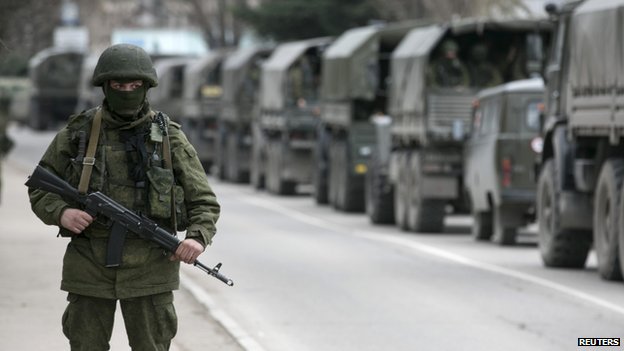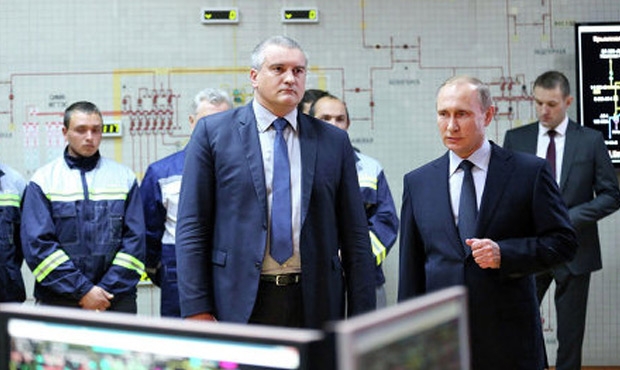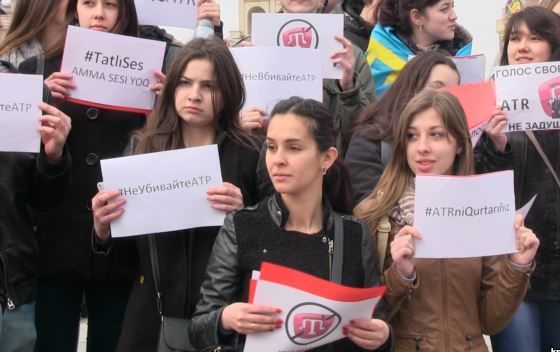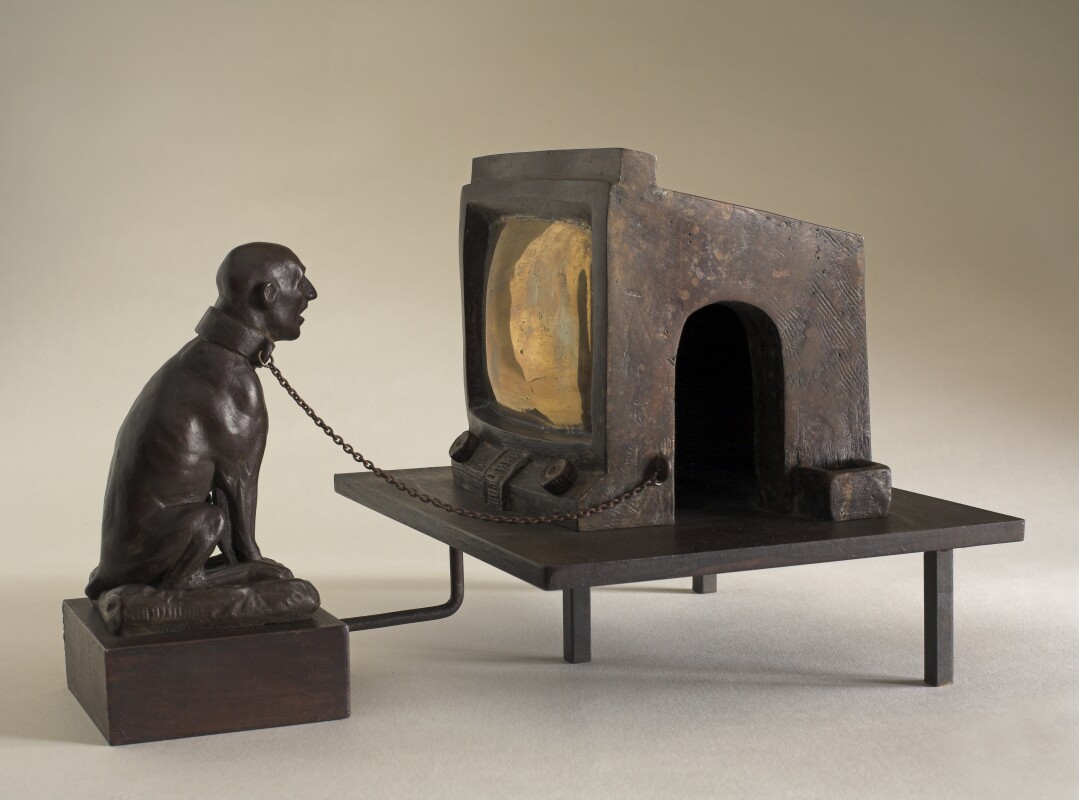There are many differences between the Russian seizure of Crimea and Russian actions in the Donbas, but perhaps the most important if sometimes ignored one is this, Pavlo Kazarin
says. Crimea was carried out by the regular Russian army, while the Donbas has been “a classic example of war by outsourcing.”

In an essay for the Krymr.com portal, the Crimean journalist points out that
“Paramilitary units, Cossacks and volunteers, were allocated a support role,” Kazarin says; but “if they hadn’t been there, nothing would have been any different.”
The situation in the Donbas was completely different: it was “a story about war via outsourcing,” one in which Moscow made use of a variety of kinds of "contractors," something that allowed it to shift from one to another depending on conditions and success, the Crimea journalist says.
“War via outsourcing,” Kazarin says, “is a favorite Hollywood scenario, in the framework of which all the dirty work is done not by cadres officers but by affiliated groups. There are fewer risks and constraints, and it offers a clear opportunity to deny that one is involved.”
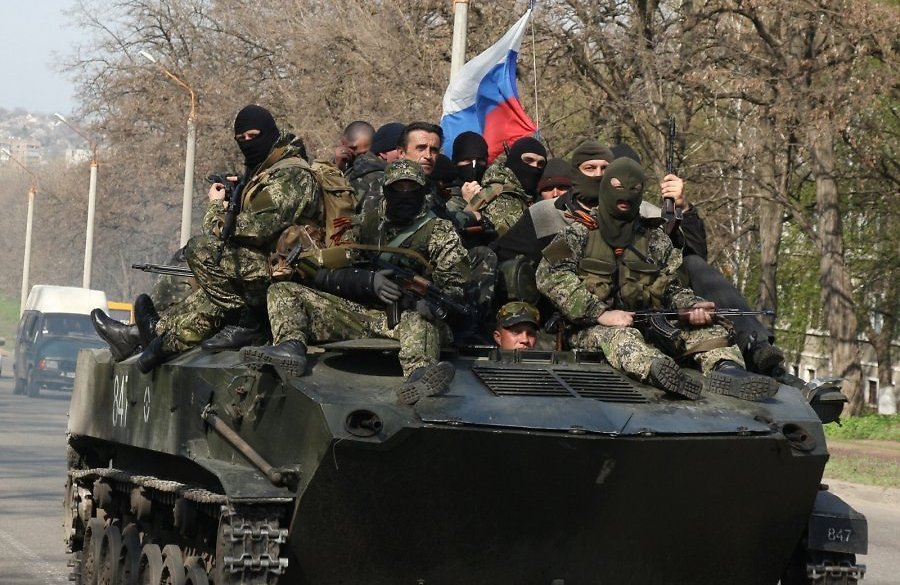
But such units almost never have the capacity that regular forces do; and these have to be introduced whenever a decisive outcome is desired, as was the case at Ilovaisk
and Debaltseve.
That must be kept in mind “when we speak about Russian special operations in Ukraine,” he says. Instead, all too often, Ukrainian and Western analysts try to find a single purpose behind everything that is going on and are disappointed when they cannot find one or when there is no evidence of the kind of planning they expect.
But the Russian invasion of Ukraine is something where there is not a single motive but many motives depending on those involved, their resources, and their competencies. Expecting a single approach is to fall into error. “Leave the James Bond scenarios to Hollywood. Reality isn’t required to justify our expectations.”
Read More:
- Hacked military docs reveal how the Russian 18th motorized brigade invaded Crimea
- Ukraine names over 150 mercenaries from “Putin’s private army” fighting in Ukraine and Syria
- Wagner mercenaries: what we know about Putin’s private army in Donbas
- Moscow blocking maritime shipping to Ukrainian ports on Sea of Azov
- From Donbas to Syria: investigation reveals Ukrainians fighting in Russian PMC Wagner
- Russia positioning to attack Ukraine from Sea of Azov, Ukrainian general says
- Putin repeating Stalin’s genocide with ‘new hybrid deportation of Crimean Tatars’
- Study: A third of Moscow TV news is about Ukraine, and 90% of it is negative
- Traps of the Transnistrian conflict
- A Moscow paper asks a most inconvenient question: ‘What is the secret of Estonia’s success?’
- Putin is consistent but the West isn’t, Portnikov says

